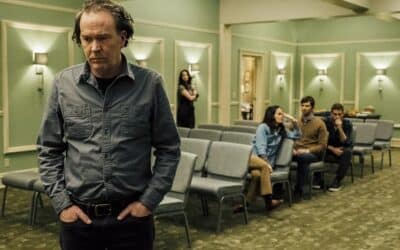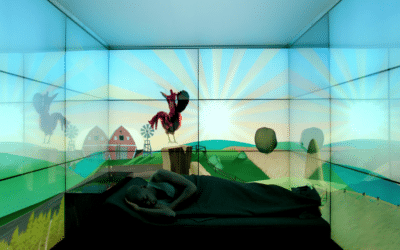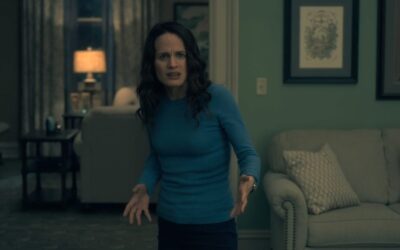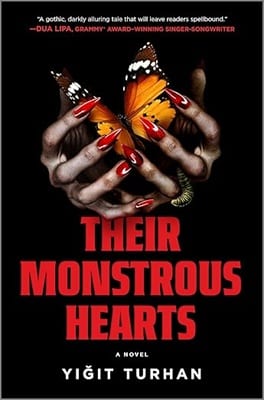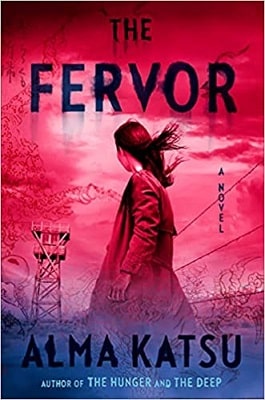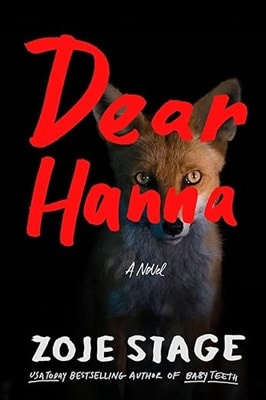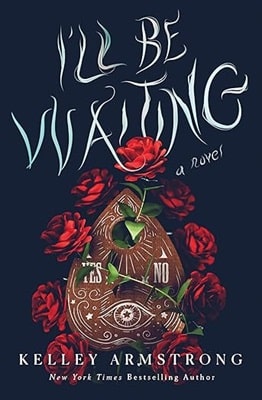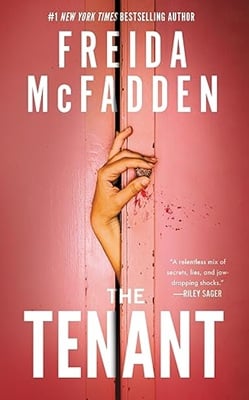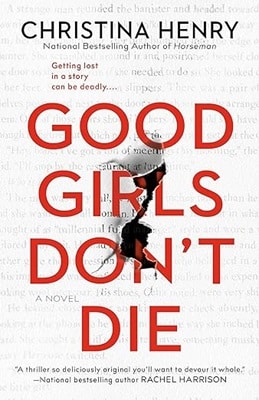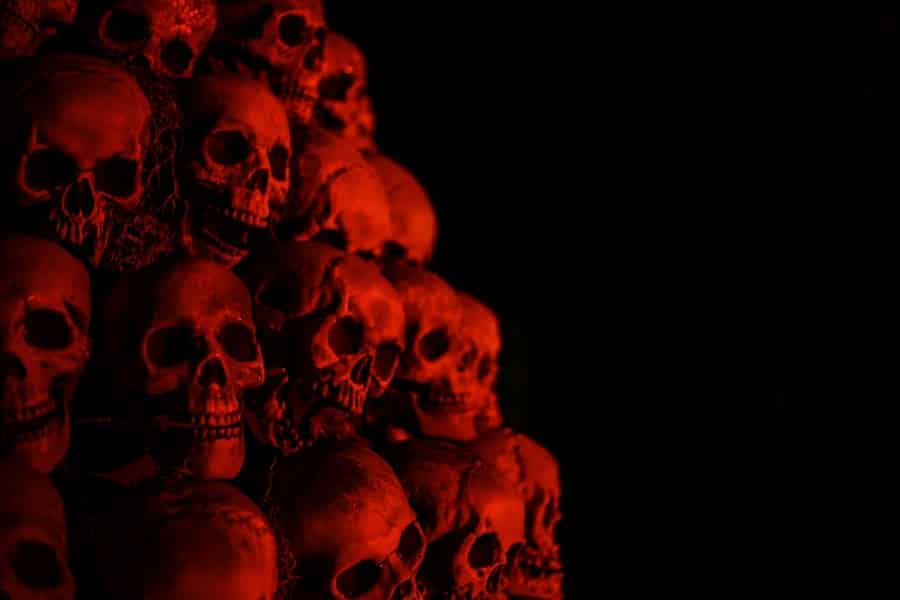
Feature
Horror and Nihilism
Axl Barnes
Nihilism is the view that there are no values; that, in the grand scheme of things nothing we do is important, and everything we hold dear will be swallowed by a gaping, cold void.
This pessimistic outlook gained prominence in the 19th century in the works of Arthur Schopenhauer and Friedrich Nietzsche. Nietzsche’s famous dictum, “God is dead,” signaled the gradual atrophy of traditional religious narratives regarding man’s noble place in the universe and his majestic destiny.
According to the two visionary thinkers, man’s universe isn’t an ordered fatherly home but more of a torture chamber where humans are at the mercy of chaotic inhumane forces and struggle to make sense of their ultimately meaningless suffering. In the 20th century the blasphemous torch of nihilism was carried, among others, by Emil Cioran, Frank Zappa, and Thomas Liggotti. The view was taken to its logical conclusion: antinatalism, the view that humans should stop procreating and continuing the cycle of pointless suffering. At the end of its tragic journey, humanity is ripe for a merciful genocide.
The pessimism and general malaise accompanying nihilism have permeated many aspects of culture, including horror fiction. The authors adopt a nihilist view more or less consciously or explicitly. This influence is easily discernible in cosmic horror and zombie horror.
As the sedating fables regarding God and the afterlife began losing their blissful effect, man found himself alone in an alien universe and an atavistic fear of the unknown squeezed his heart. The surrounding world lost its divine grace, its cushy radiance, and became cold and eerily sinister. Who was behind this creation if not a benevolent God? Cosmic horror’s impetus, developed in the pioneering work of H.P. Lovecraft, lies in this sense of fearful alienation. The world was not designed to benefit man, more likely the ancient gods and demons pulling the strings have a sadistic streak and humans are nothing but insects or slaves to be used and discarded to a cosmic landfill. As Curtis Lawson puts it, “Cosmicism is the view that the universe, and any higher intelligence within it, is actually malevolent in nature. This concept, the inverse image of mainstream religions, draws paradoxically equal elements from modern nihilism and from ancient gnostic traditions.” This inverse image is the matrix behind the work of prominent cosmic horror writers like Curtis Lawson, William Holloway or Laird Barron.
advertisement
In this cosmic abattoir, the afterlife, assuming it exists, provides no escape, but it’s only a different dimension of suffering and humiliation. In his novel Revival, Stephen King describes afterlife a nightmarish dimension of chaos in which humans and ant-like creatures are forever enslaved by “Lovecraftian” beings. No Judgment Day, no heaven or hell, but eternal desolation and pointless suffering.
In some works of cosmic horror, the unknown forces that tormenting humans are stripped of any trace of humanity, agency or will. In his novel Negative Space, B.R. Yeager describes a teenage suicide epidemic hitting the drab, small town of Kingsfield. This tragedy is more akin to the town being hit by an astral tornado, and evil is more a case of bad weather, not an action but a random devastating event. In his misconceived fight against forces of chaos beyond his comprehension man will always lose.
Nihilist philosophy is also at work behind a lot of zombie fiction. According to Zappa, one of the tricks human use to make existence more bearable is narrowing their consciousness and losing themselves in trivial pursuits. One of the disturbing realities people avoid is the reality of death, of their own mortality. However, when the dead come back to life that reality must be faced. Although they’re alive, zombies amplify our existential dread. Their existence both signals death and mocks life. In addition, in a zombie apocalypse, man’s usual hedonistic escapes and distractions are blocked. Life is stripped to its bare bones: a senseless struggle to survive, crushing suffering, mind-numbing boredom, fleeting moments of fragile happiness that only serve to illuminate the pain. I don’t remember reading a zombie story with a happy ending. Champions of the genre like Brian Keene, Joe McKinney, David Moody or Iain McKinnon describe post-apocalyptic landscapes in which hope is irrational and foreign and every success is but a bad omen. Zombies showcase the fragility of hope and the frantic irrationality of life. One novel that stood out for me in this connection is Slowly We Rot by Bryan Smith. In this book, zombies are but a mournful chorus accompanying the tragedy. The main character decides to go on a trip across the US, east to west, to find the love of his youth, the only being he cared for in a crumbling world. Finding her cognitively impaired and reduced to a semi-vegetative state as a result of a car accident, he puts her out of her misery, and then succumbs to the hungry calls of the zombie hoard. This novel is a nihilist manifesto.
A different way zombie fiction expresses a nihilist view lies in the fact that, in final analysis zombies are us. In his zombie masterpiece Dawn of the Dead (1978), visionary director George A. Romero hints at this analogy. When the survivors find refuge in a shopping mall and the zombies try to claw their way in, one of the characters remarks: “They’re after the place, they don’t know why, they just remember. Remember that they want to be in here. […] They’re us, that’s all.” The parallel between us and the undead goes deeper than the reality of mindless consumerism though. Man is not a noble creature with a luminous, divine soul that would raise to heaven and bask in rays of immortality. That’s just a fairy-tale. In reality we are chunks of rotting mean floating into space, desperate to survive, torn by entropic forces beyond our control. Unfortunately for us, we are aware of this cosmic butchery which makes our lot worse than a zombie’s. Consciousness doesn’t make us special carriers of a divine spark, but it is just an unfortunate adaptation, a tool which shows that life carries the seed of its own annihilation. IIn his book Consciousness Explained, cognitive scientist Daniel Dennett argues that consciousness is our brain’s ability to spin stories about ourselves, stories which ideally help our adaptation. This is akin to a spider spinning its web. But this adaptation is a double-edged sword, as the stories which constitute our identity end up illuminating a hostile world and turning into suicide implements. The soliloqui meant to help us navigate a disintegrating world would soon turn into a lullaby of self-destruction. In his novel Mutated, Joe McKinney describes groups of survivors who join the zombie hoards in a desperate attempt to shed their human skin and discard their personal identity as a useless appendage. A zombie-apocalypse would force us to undertake a merciless introspection and, overwhelmed by death, boredom and desolation, all our delusions would be ripped to shreds. The human soul, love, community, freedom, would be but hollow sounding bits of forgotten slogans. We’d survive for no reason, out of pure inertia, animated by basic instincts and urges, just like the zombies. In this abysmal world the cries of a newborn would signal both pathological denial and the next fresh meal.
These are some of the ways nihilist philosophy permeates horror fiction. I uncovered these pathways just by scratching the surface of a complex area of subtle influences and often conflicting interpretations. I have no doubt similar parallels can be traced between a pessimistic outlook and works of weird, transgressive horror, extreme horror, or supernatural horror. This is no surprise since the normal emotional reaction to a nihilistic world view is fear and trembling.
About the Author
Axl Barnes is a horror writer and philosopher from Edmonton, Canada. His novella Ich Will, first novel Odin Rising, and collection of extreme horror stories Stillborn Gallery are available on Amazon in Kindle and Paperback. He’s currently working on his second novel, This Town Must Burn, and several sick and twisted short stories.
For more information and free content visit axlbarnes.blogspot.com
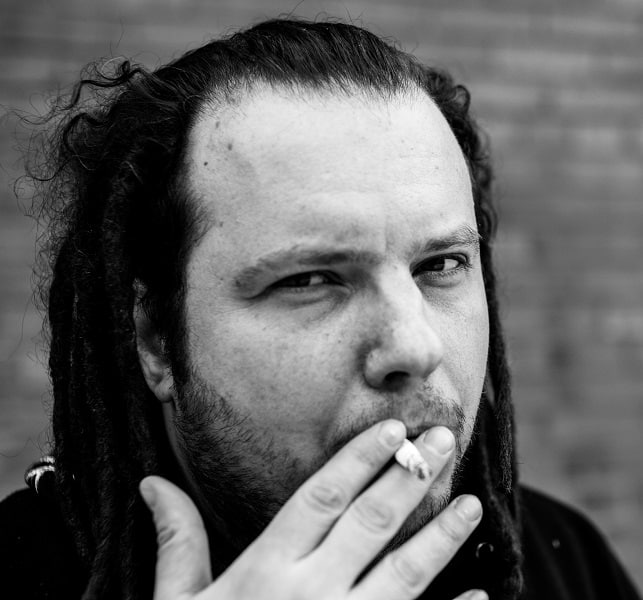
More Horror Features
Horror Through the Ages
A Journey Through Time and Terror
Technology in Horror
When gadgets become nightmares
Female Characters in Horror
From Victims to Heroes
Advertisement
Horror Reads
advertisement

